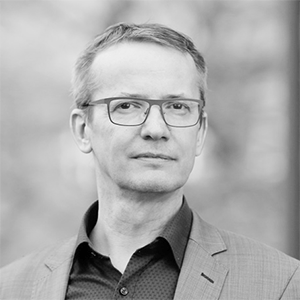
Christopher Chagnon
Christopher W. Chagnon is a doctoral researcher of Global Development Studies at the University of Helsinki Faculty of Social Sciences. His work focuses on personal data extractivism and data colonialism in Zambia. He has co-authored the chapter ‘Extractivism at Your Fingertips’ in Our Extractive Age: Expressions of Violence and Resistance (Routledge, 2021), the article ‘From Extractivism to Global Extractivism: The Evolution of an Organizing Concept’ (Journal of Peasant Studies, 2022), and a forthcoming book chapter ‘Data Extractivism: Social Pollution and Real World Costs’ in The Digital Economy of Europe (Routledge, forthcoming). He has a MSc in Emerging Economies and International Development from King’s College London (2017), and won the prize for best master’s thesis; MA International Studies with a dual focus on International Business and International Education from Concordia University Irvine (2009); and BA International Relations and East Asian Language and Culture, focusing on Chinese, from the University of Southern California (2007). Prior to starting his doctoral research, he had over 10 years of work experience in international development, market research, and education based in the China, Saudi Arabia, the UK, and Italy. He is a board member of the Finnish Society for Development Research, a member of the Global Extractivisms and Alternatives (EXALT) Initiative, and co-hosts the EXALT Podcast.
LIAS FELLOW

The intention is to gather scientific insights about major societal challenges in LIAS on the basis of international and interdisciplinary consultation.
Luc Sels
Rector KU Leuven and Co-Chair LIAS Foundation
Contact
- Pater Damiaanplein 9
- BE-3000 LEUVEN
- Contact
- +32 16 32 38 29


